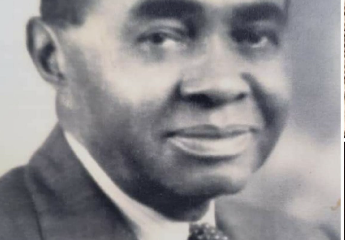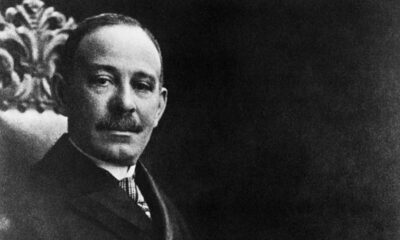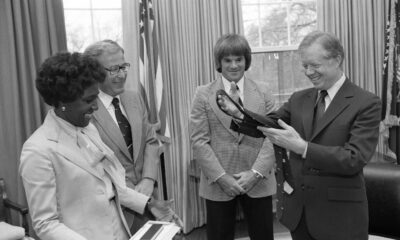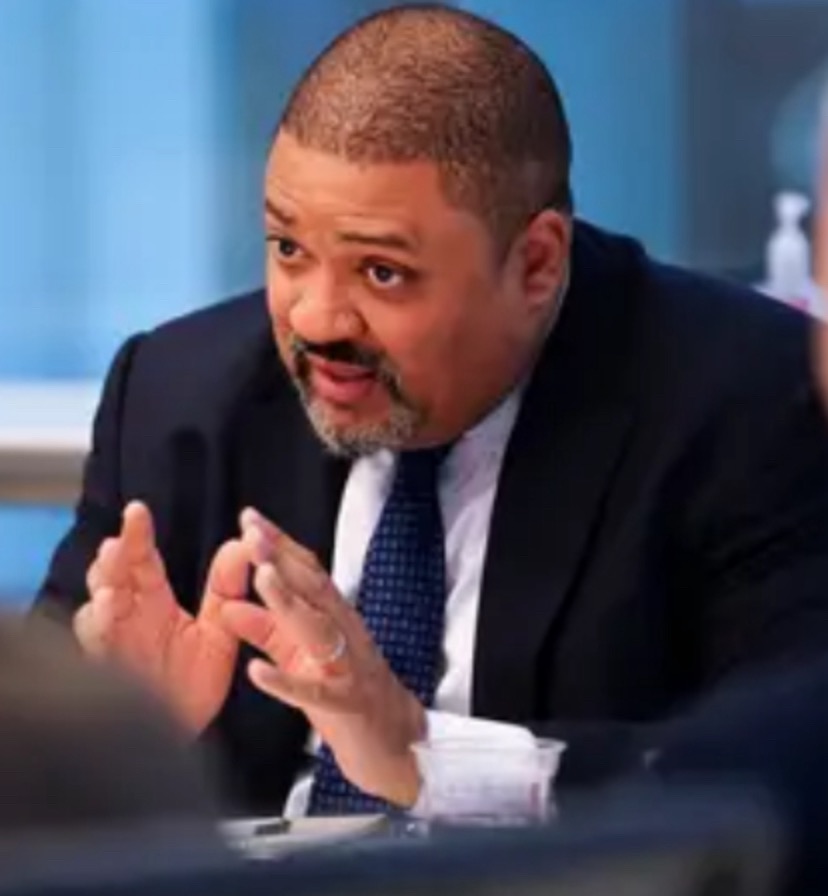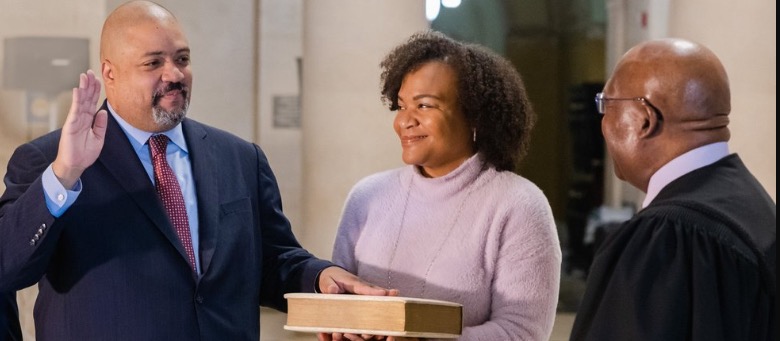America’s slow march toward equity is the topic of many conversations these days whether during a company’s Diversity, Equity and Inclusive (DEI) effort or on more personal turf: homes, small gatherings and churches. Awareness of the nation’s unfinished racial business may be at an all-time high, but this is far from America’s first attempt to get it right.
On June 11, 1963, President John F. Kennedy delivered a speech to Americans about civil rights, promoting legislation which would become the Civil Rights Act of 1964. The Civil Rights Act of 1964 prohibits discrimination on the basis of race, color, religion, sex or national origin. The Act also prohibited discrimination in public accommodations and federally funded programs, and it bolstered the enforcement of voting rights and the desegregation of schools.
“Today we are committed to a worldwide struggle to promote and protect the rights of all who wish to be free,” Kennedy said from the Oval Office. “And when Americans are sent to Viet Nam or West Berlin, we do not ask for whites only, it ought to be possible, therefore, for American students of any color to attend any public institution they select without having to be backed up by troops.”
Kennedy’s speech was largely in response to the two African American students in Alabama who wanted to attend the University of Alabama but had been denied admittance by Governor George Wallace. In a symbolic nod to his motto, ‘segregation now, segregation tomorrow, segregation forever,’ Wallace had stood at the door of an auditorium as if to block Vivian Malone and James Hood from entering. Kennedy federalized the National Guard and deployed them to desegregate the university.
Fast-forward 58 years. President Joe Biden traveled to Tulsa, Oklahoma last week for the centennial of one of the worst incidents of racial violence in American history to talk about the need to address the ongoing impact of racism on Black Americans and the country.
“Today, we are announcing two expanded efforts targeted toward Black wealth creation that will also help the entire community,” Biden said. “The first is my Administration has launched an aggressive effort to combat racial discrimination in housing, that includes everything from redlining to the cruel fact that a home owned by a Black family is too often … appraised at a lower value than a similar home owned by a white family.”
Programs to help Black businesses and entrepreneurs were also announced but Biden did not overlook the racism that destroyed a thriving African American community in Tulsa known as “Black Wall Street.”
“We are here to shine a light, to make sure America knows the story in full, May 1921,” he explained. “…they built something of their own worthy of their talent and ambition, Greenwood, a community, their way of life: Black doctors and lawyers, pastors, teachers, law practices, libraries, churches, schools.”
As he told the story of Greenwood, he touched on the tender spots in the African American psyche exposed time and again to white anger, drawing a line from the speech Kennedy gave in 1963 to America today.
“We should know the good, the bad, everything, that is what great nations do. They come to terms with their dark side. We are a great nation. The only way to build a common ground is to truly repair and rebuild.”
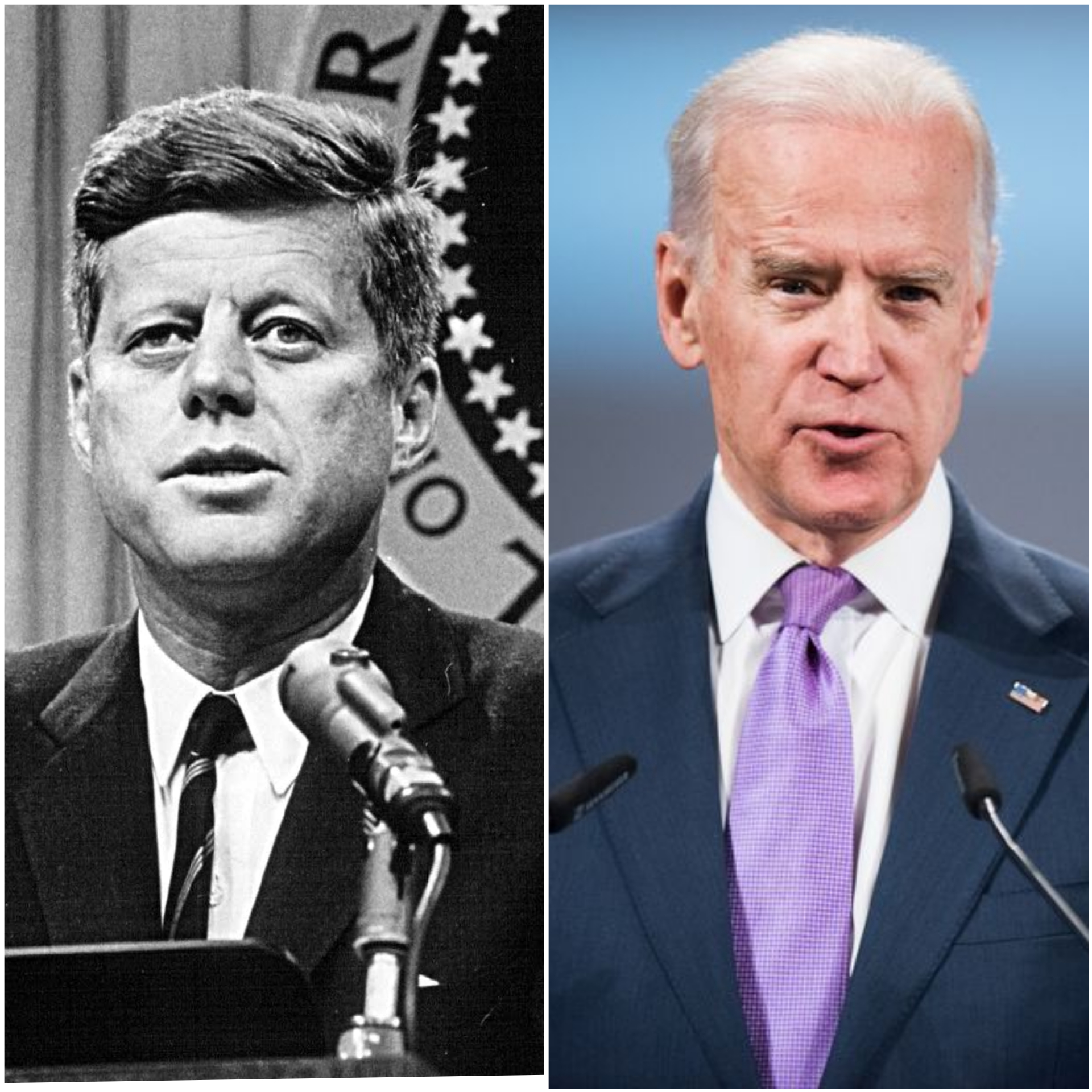

 Black History4 years ago
Black History4 years ago
 Black History5 years ago
Black History5 years ago
 Black History3 years ago
Black History3 years ago
 Black History4 years ago
Black History4 years ago
 Black History4 years ago
Black History4 years ago
 Black History8 years ago
Black History8 years ago
 Black History5 years ago
Black History5 years ago
 Black History4 years ago
Black History4 years ago

